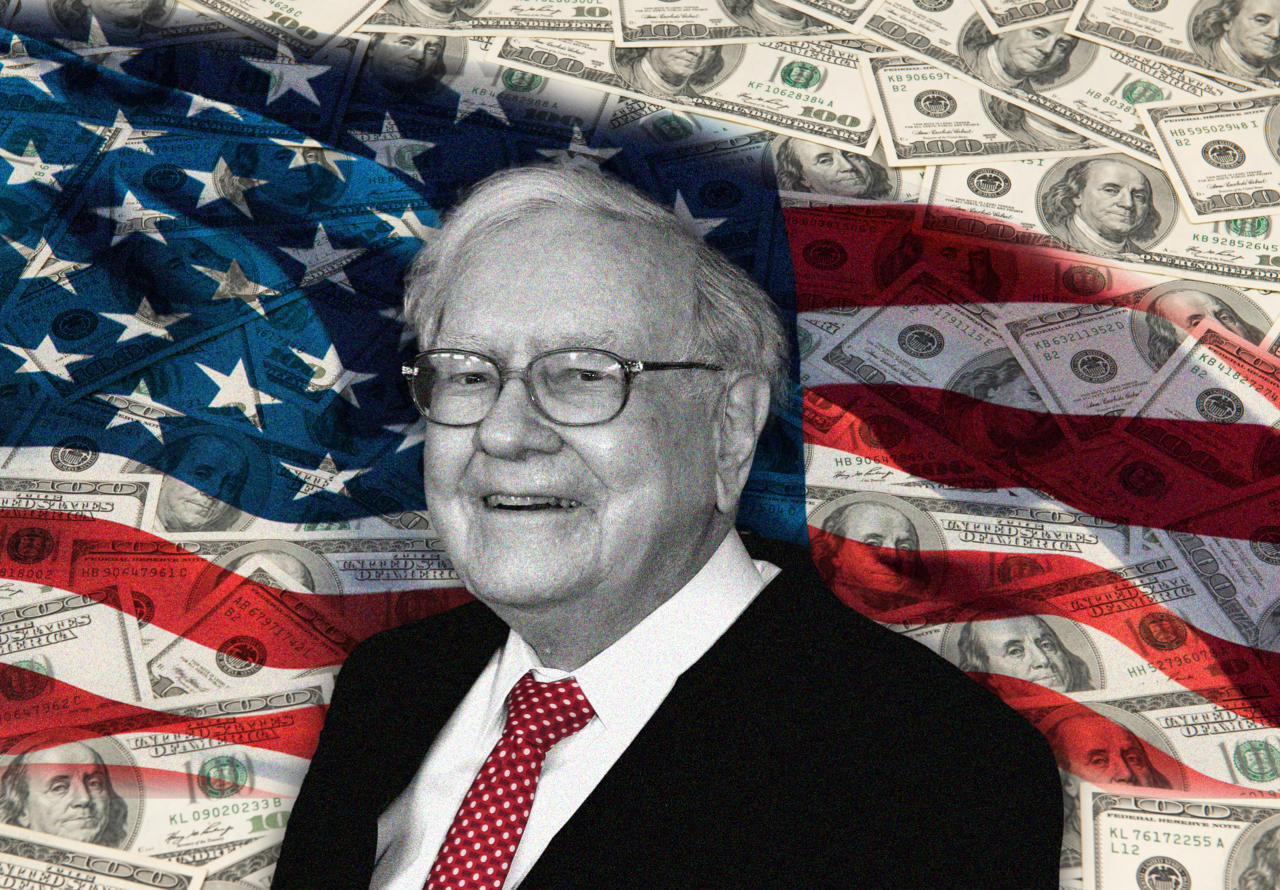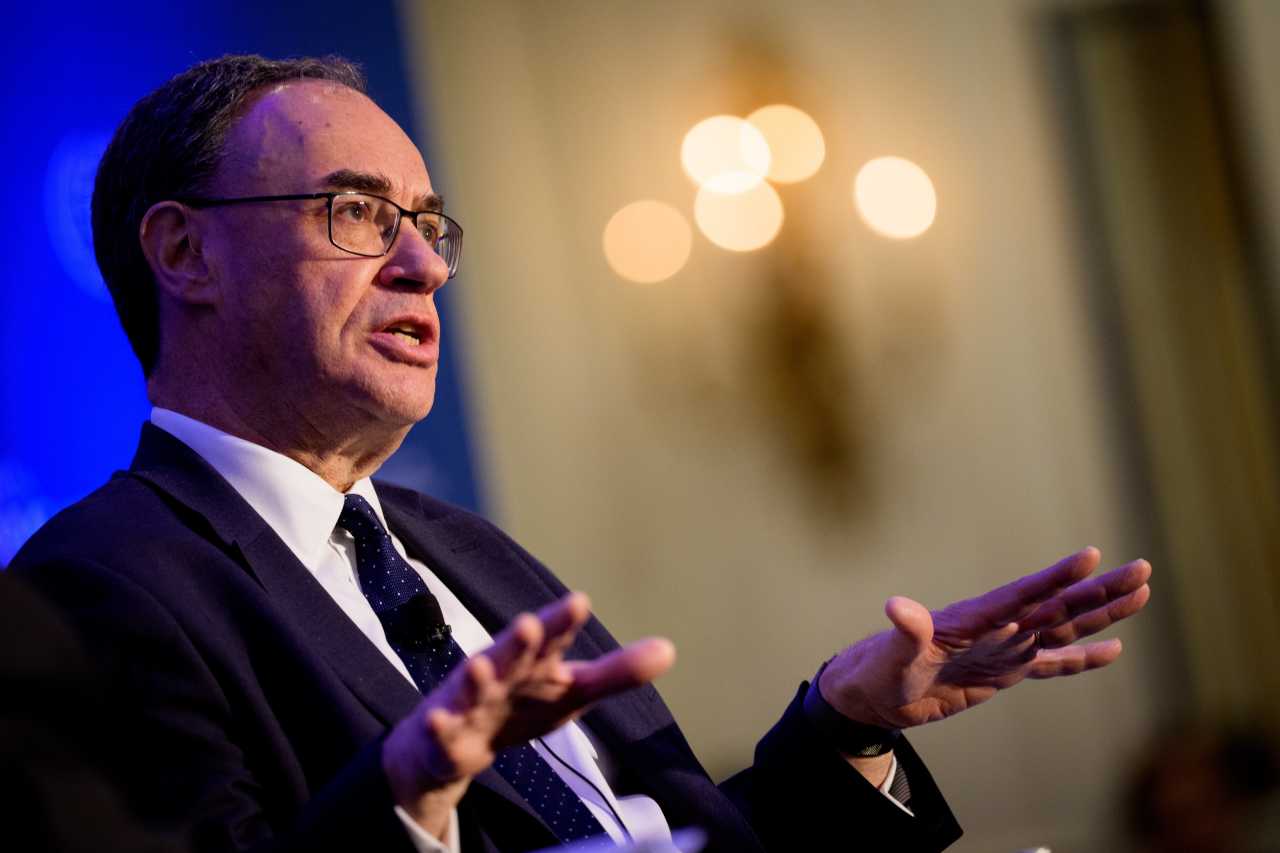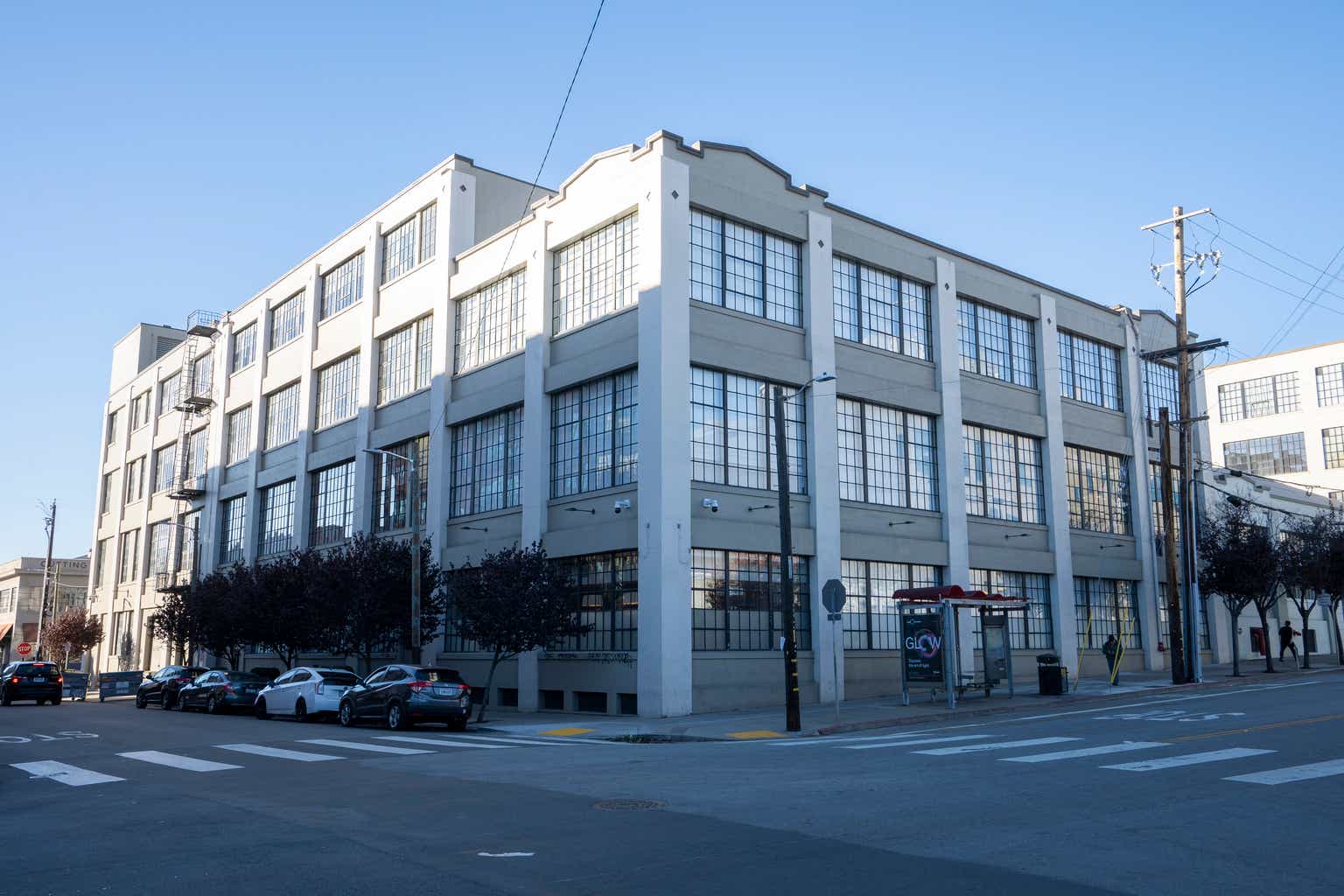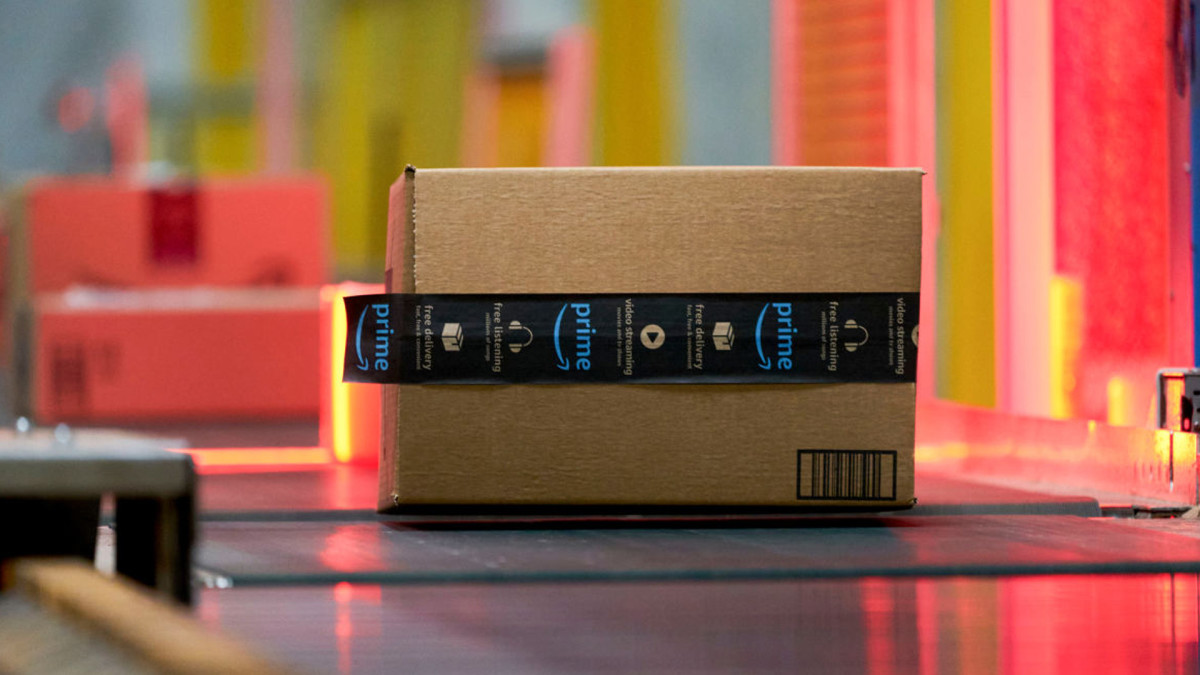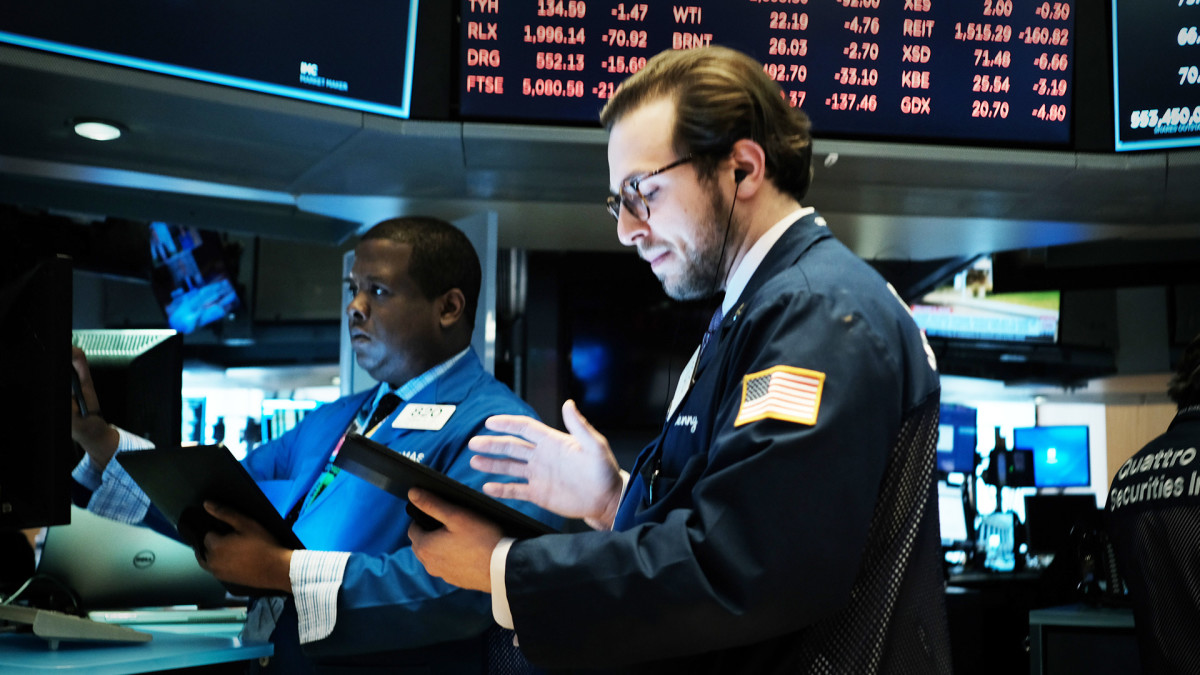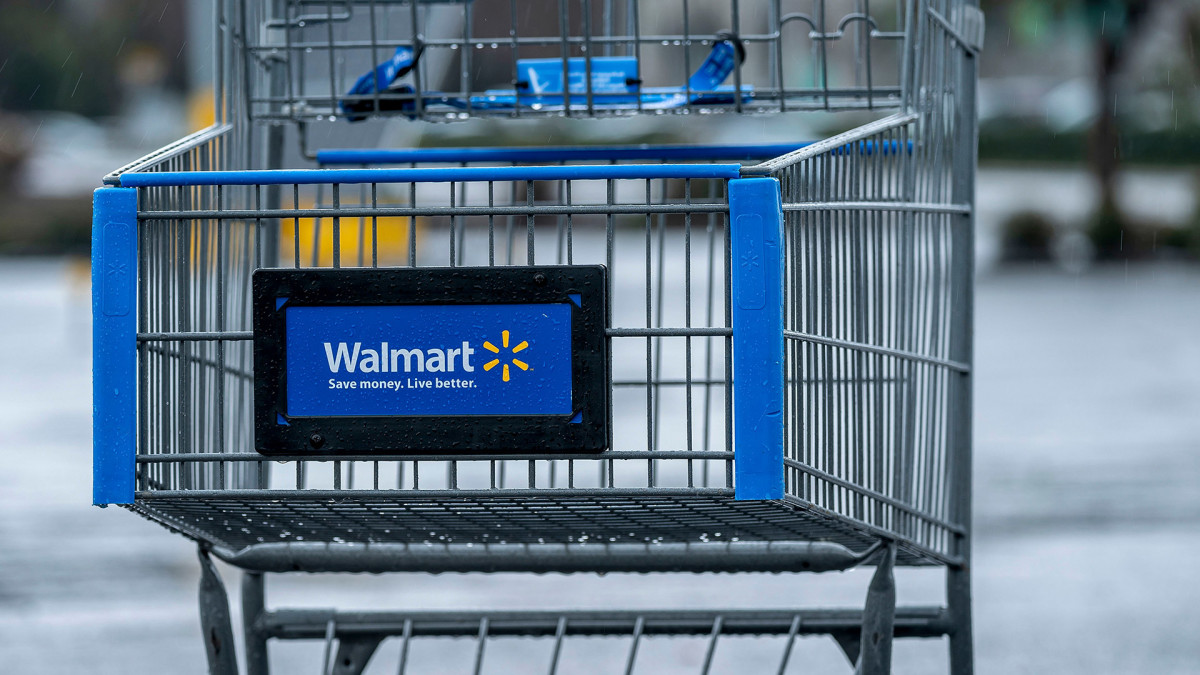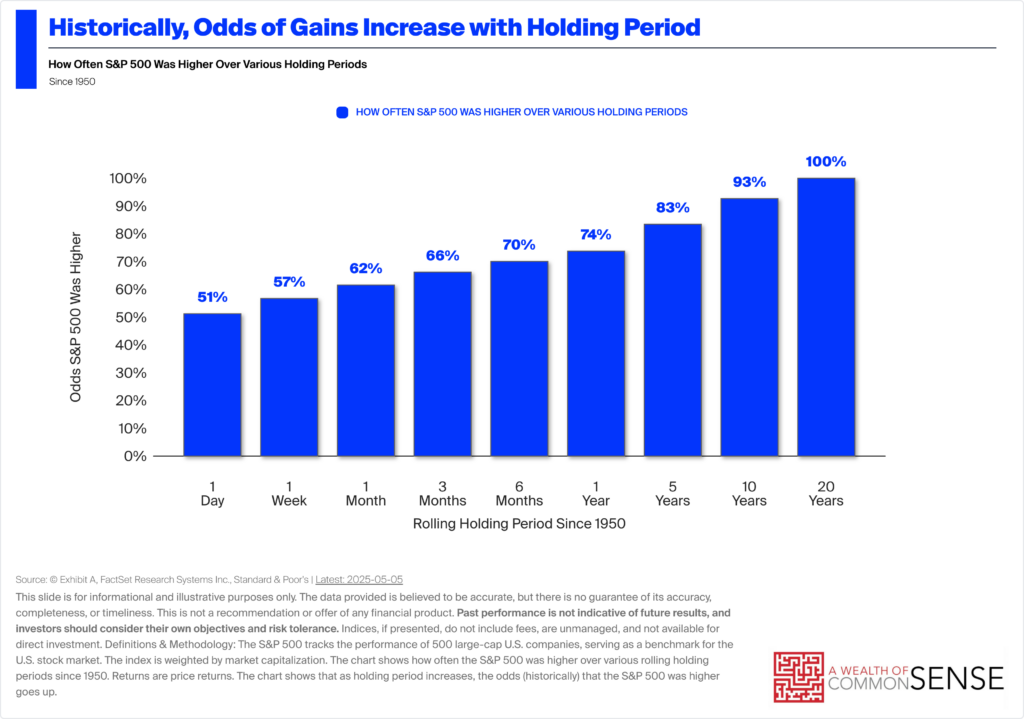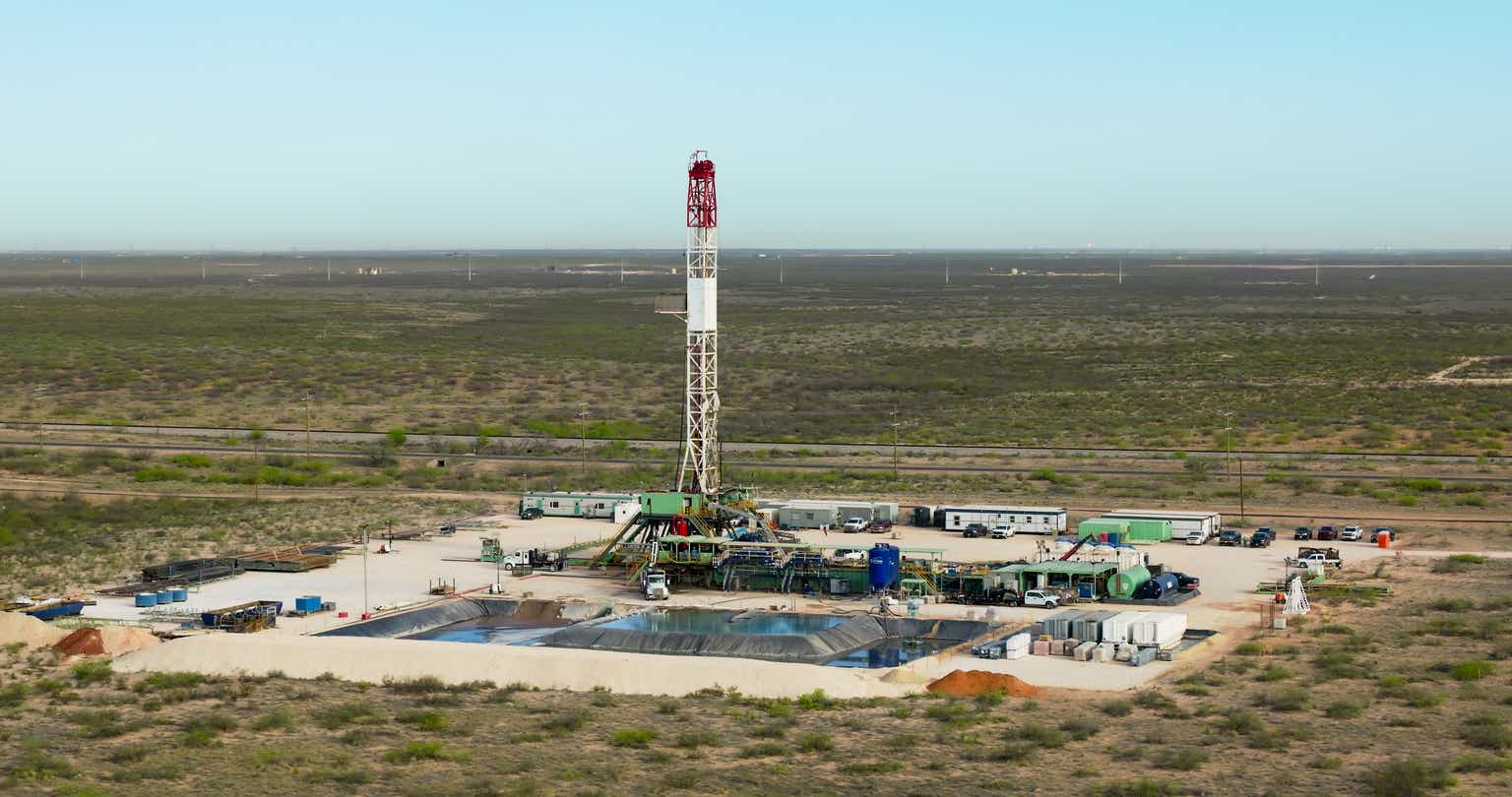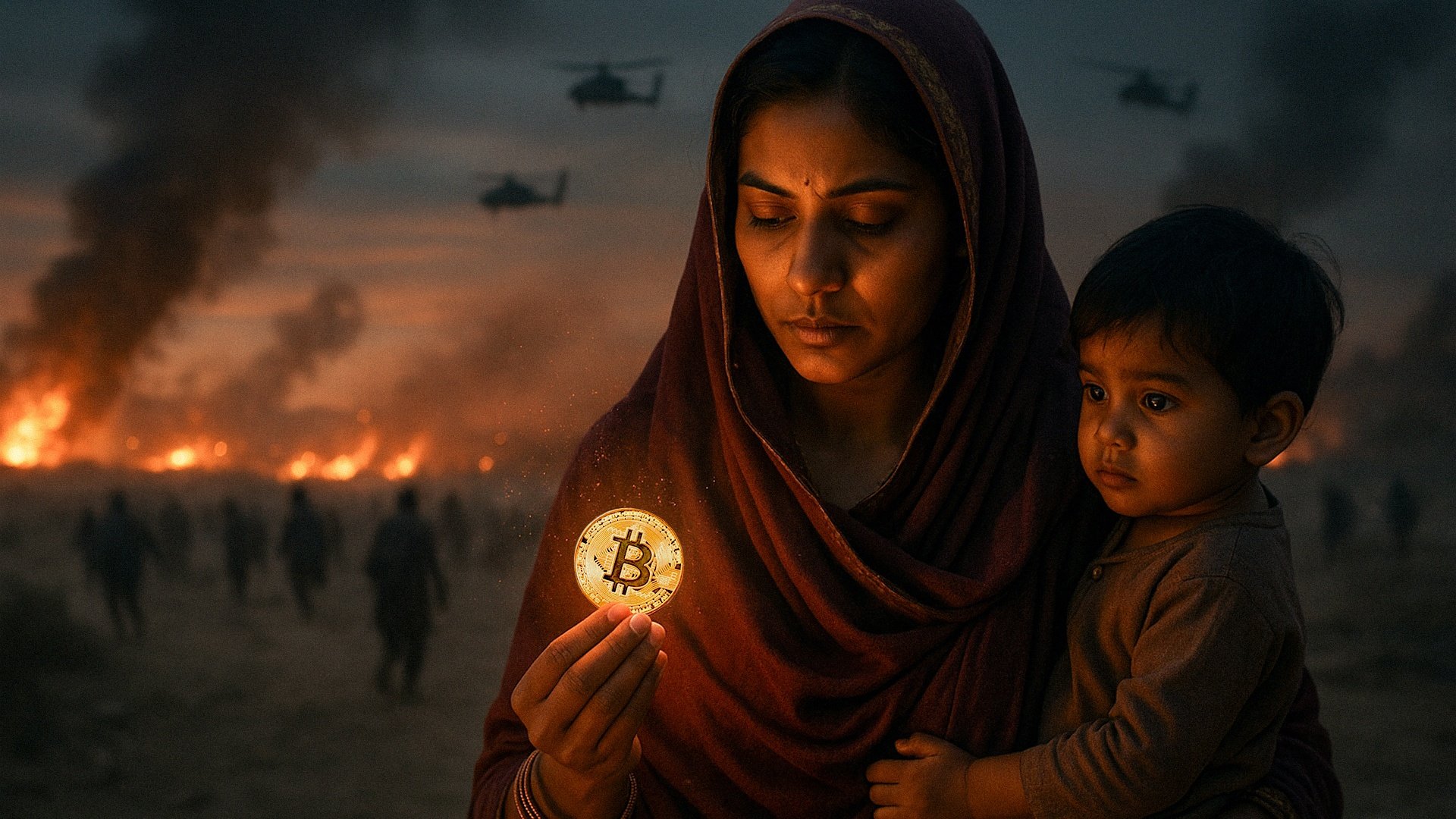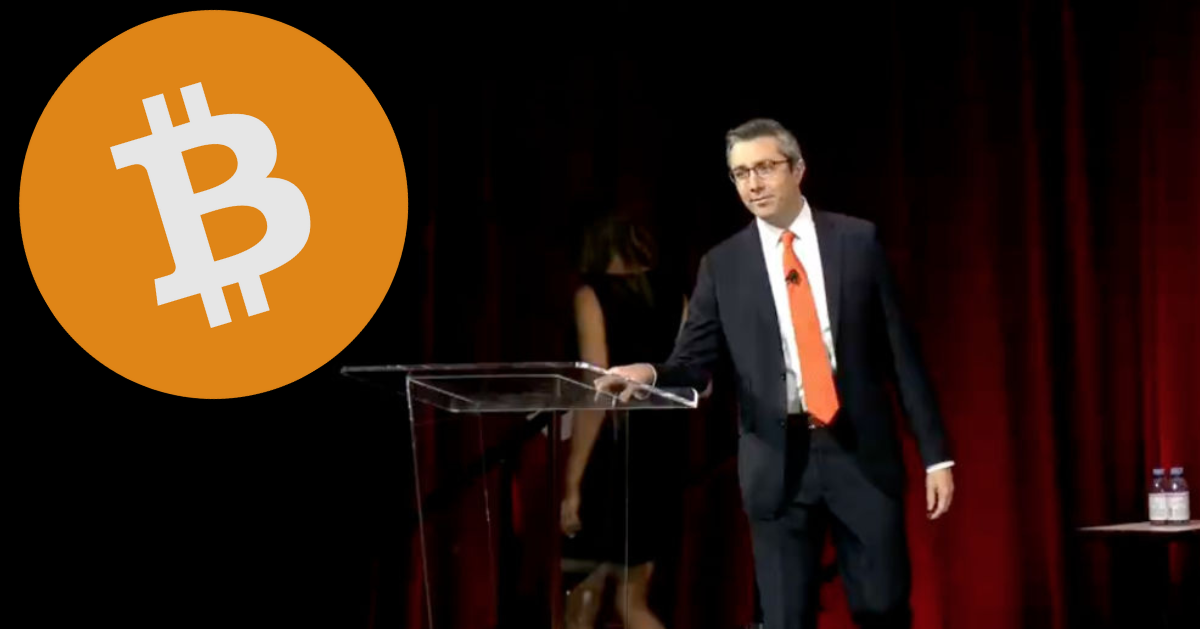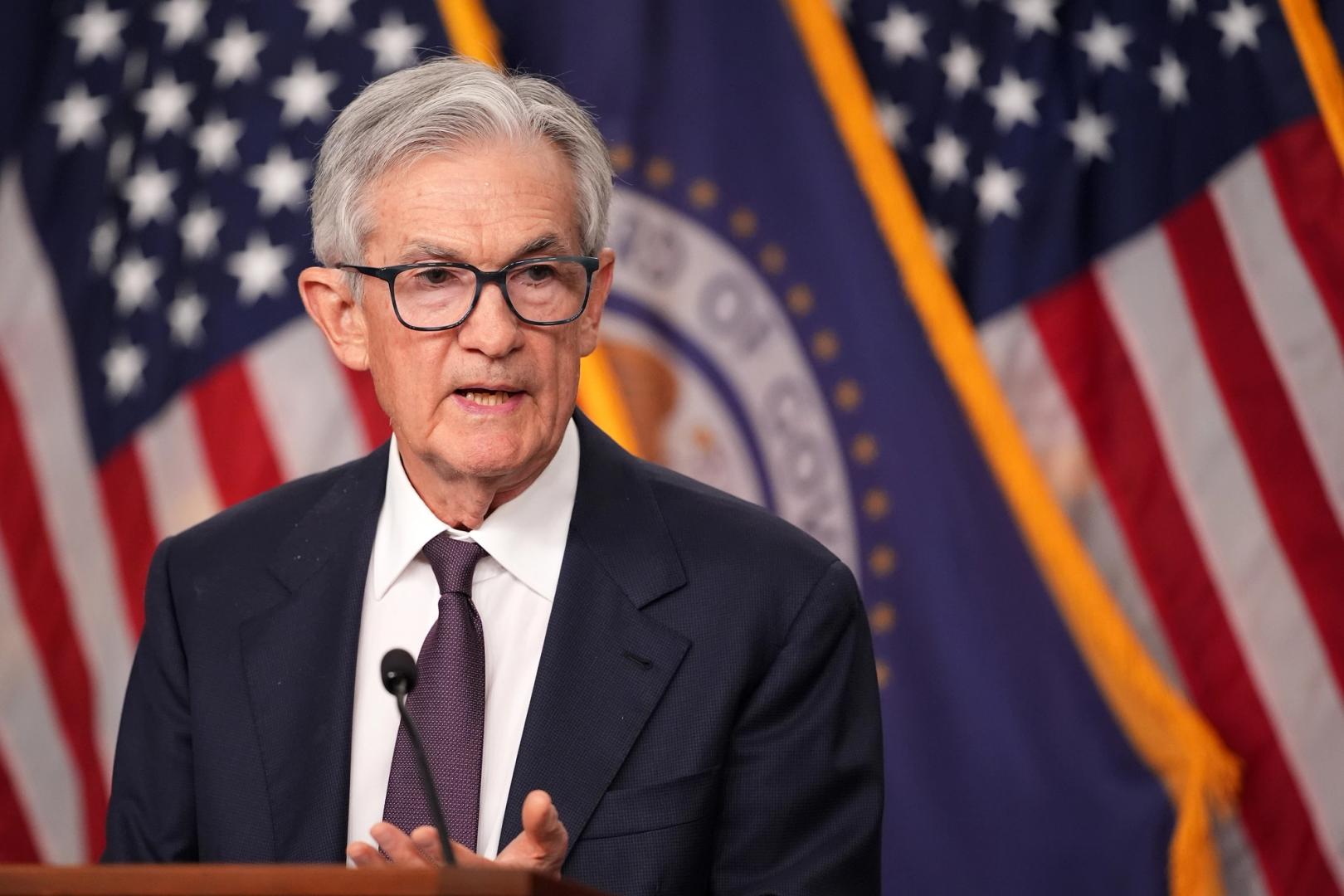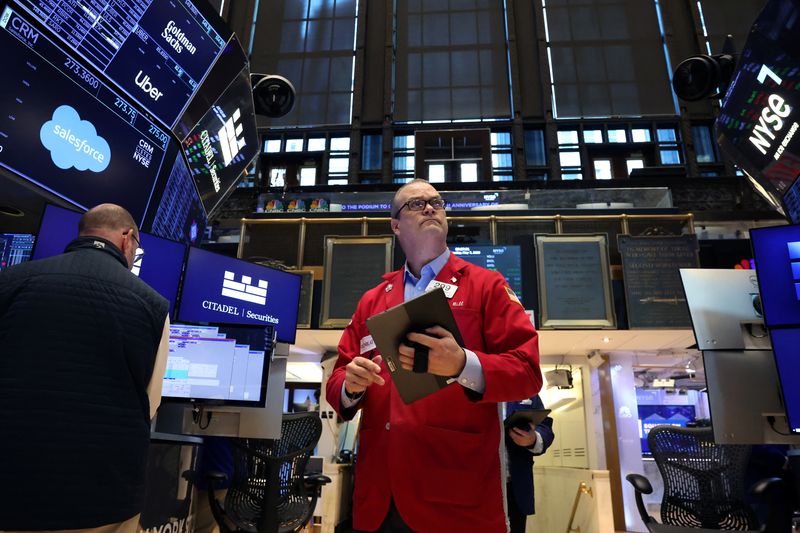Companies aren’t giving up on doing good—they are becoming more strategic about it
The CSR and DEI backlash is pushing companies to build stronger, more resilient social impact programs.

Since the U.S. Supreme Court’s 2023 decision to overturn affirmative action in higher education, headlines about companies scaling back—or even eliminating—their diversity, equity, and inclusion (DEI) programs have become almost daily occurrences. Faced with lawsuits and political pressure, some high-profile brands have pulled back. These stories have fueled a misleading narrative: that corporate America is abandoning a decades-long commitment to being good corporate citizens and actively supporting the communities they serve and our broader society.
But that’s not the whole picture.
First, let’s clear something up: DEI and corporate social responsibility (CSR) are not the same. The two often work together—especially when it comes to employee volunteering, nonprofit partnerships, and community programs. DEI is generally focused inward—on things like hiring practices, leadership development, vendor relationships, and workplace culture. CSR is more outward-looking. It’s about how companies show up in the world: supporting local communities, investing in education or sustainability, and building partnerships that align with organizational values and business goals. Today, that may range from donating and distributing supplies for relief efforts for a community impacted by a natural disaster to providing wi-fi hotspots to low-income kids without internet access so they can do their homework. And when critics label everything as “woke capitalism,” they completely miss the real work—and real impact—happening behind the scenes.
Companies aren’t engaging in socially responsible work just to look good. They are doing it because it drives real business results. Strategic corporate social impact programs build brand trust, attract talent, strengthen the communities’ companies depend on, and—yes—contribute to the bottom line. In a 2011 Harvard Business Review piece, Michael Porter and Mark Kramer referred to it as “shared value”—the idea that business and community success go hand in hand.
One example of this type of “shared value” is from the Minneapolis/St. Paul region, where many companies have come together to invest in career readiness and training programs for young people from low-income and diverse neighborhoods. These companies understand the talent pipeline of the future will be coming from these diverse communities. The investments made in youth education programs aren’t solely charitable—they are strategic, long-term business investments in the future talent pool necessary to staff a quality workforce for the region, which includes headquarters for several Fortune 100 companies.
Corporate social responsibility isn’t a “nice-to-have.” It’s a business essential, which is why the most successful companies have robust corporate social impact strategies that they have invested in for decades. They won’t be abandoning those overnight, regardless of the political environment or what the headlines of the day may read.
There’s no doubt that the social impact efforts companies have championed for decades are now squarely in the crosshairs of America’s political debate. And corporate executives are being forced to take a hard look at the way they are engaging in society. However, I consistently hear from our members—the corporate citizenship professionals responsible for carrying out this work—that companies aren’t walking away from doing good. Instead, they are evolving how they engage in corporate citizenship by reassessing how they show up in their communities, changing how they talk about their work, and measuring the impact to justify keeping it going for the long haul.
The truth is—companies aren’t giving up on investing in communities. They’re just being more strategic about how they engage.
In some ways, the backlash is pushing companies to build stronger, more resilient social impact programs. We recently surveyed CSR professionals from 141 major companies, asking how their work might shift under the new presidential administration. Despite what the headlines might suggest, 90% said their company’s commitment to corporate social responsibility would either stay the same or grow.
That’s not just encouraging—it’s telling.
Now, are companies adapting? Absolutely. According to our data, about half expect to adjust how they talk about their work. A third are bringing in more legal review. And some are shifting strategies. But that’s not a sign they’re backing away. It’s a sign they’re digging in, figuring out how to keep this work impactful—and make it last.
So sure, in this supercharged environment, any time a well-known company or brand changes the way they engage with their stakeholders, it captures headlines. But the data tells a different story playing out, one where the majority of companies are doubling down on purpose, but doing it in a way that’s more strategic, more focused, and built to endure.
The opinions expressed in Fortune.com commentary pieces are solely the views of their authors and do not necessarily reflect the opinions and beliefs of Fortune.
This story was originally featured on Fortune.com
















